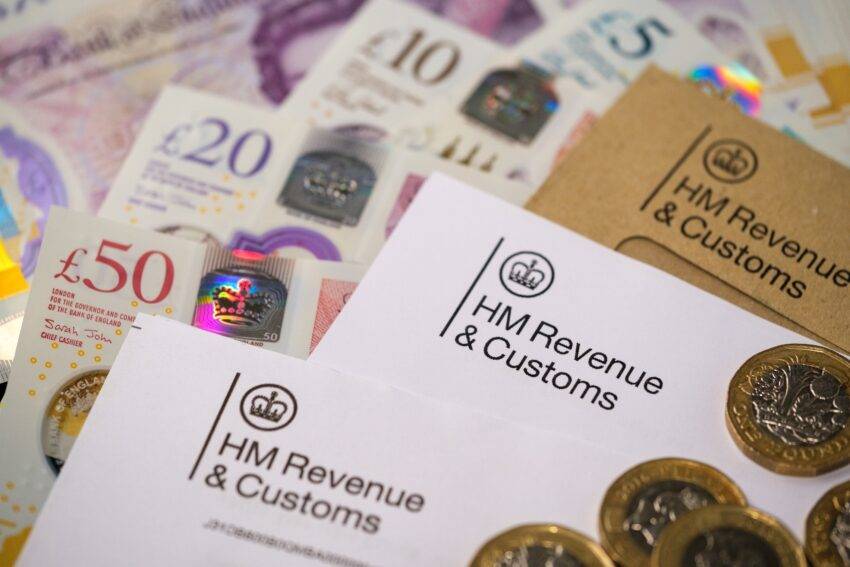
More than half a million taxpayers, set to receive HMRC’s simple tax assessments for the first time, are being warned not to ignore them to avoid penalties and missed tax deductions, according to leading audit, tax, and business advisory firm Blick Rothenberg.
Robert Salter, a Director at the firm, stated: “HMRC has recently announced that 560,000 individuals – including 140,000 pensioners – will receive simple tax assessments for the 2023/24 tax year in the coming weeks. Unfortunately, many taxpayers tend to automatically ignore correspondence from HMRC or assume that ‘the tax will take care of itself’ via PAYE or another type of tax withholding.”
He explained: “However, these simple assessments effectively act as tax demands, requiring individuals to proactively make a tax payment to HMRC. Failure to do so could result in penalties and interest on their unpaid tax for not settling the tax position in a timely manner.”
Robert further emphasised: “It is crucial that taxpayers who receive these simple tax assessments verify the calculations prepared by HMRC and the income captured within their assessments. Experience shows that HMRC may not necessarily account for available tax deductions, such as charitable gift aid contributions, pension contributions, or professional subscriptions.”
He added: “If taxpayers pay the tax demanded by the simple assessment without considering potential deductions, they risk overpaying taxes to HMRC. Spending 5 or 10 minutes reviewing the Revenue’s figures can prevent this.”
Robert also noted: “HMRC has always issued a small number of simple assessments each year to capture tax due on income such as investment income, dividends, and state pensions – essentially, income not directly subject to PAYE withholding or collected via a self-assessment tax return.”
He continued: “The number of such cases has increased for 2023/24 due to frozen tax bands, such as the personal tax allowance of £12,570, which has been frozen since April 2021. Additionally, higher interest rates mean that more individuals with modest savings may now be liable to tax on such income. This increases the risk of tax penalties for those who ignore HMRC, but those who are proactive can benefit from tax deductions – a reminder that ‘a stitch in time saves nine’.”